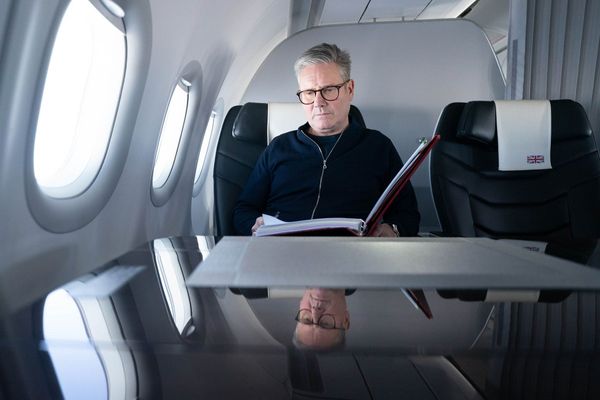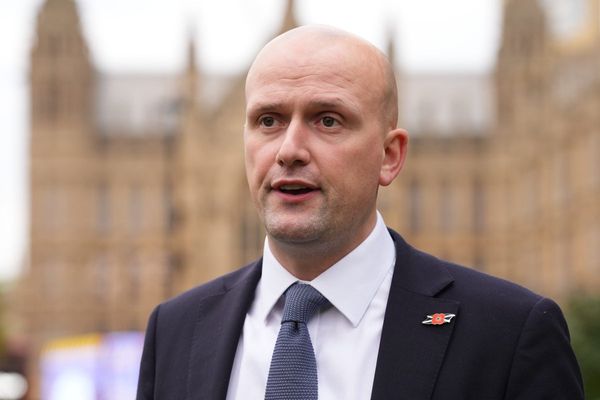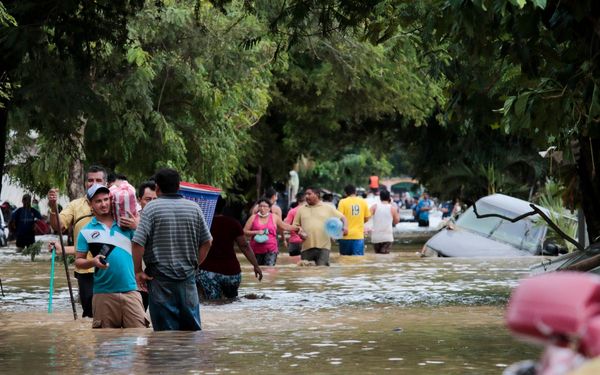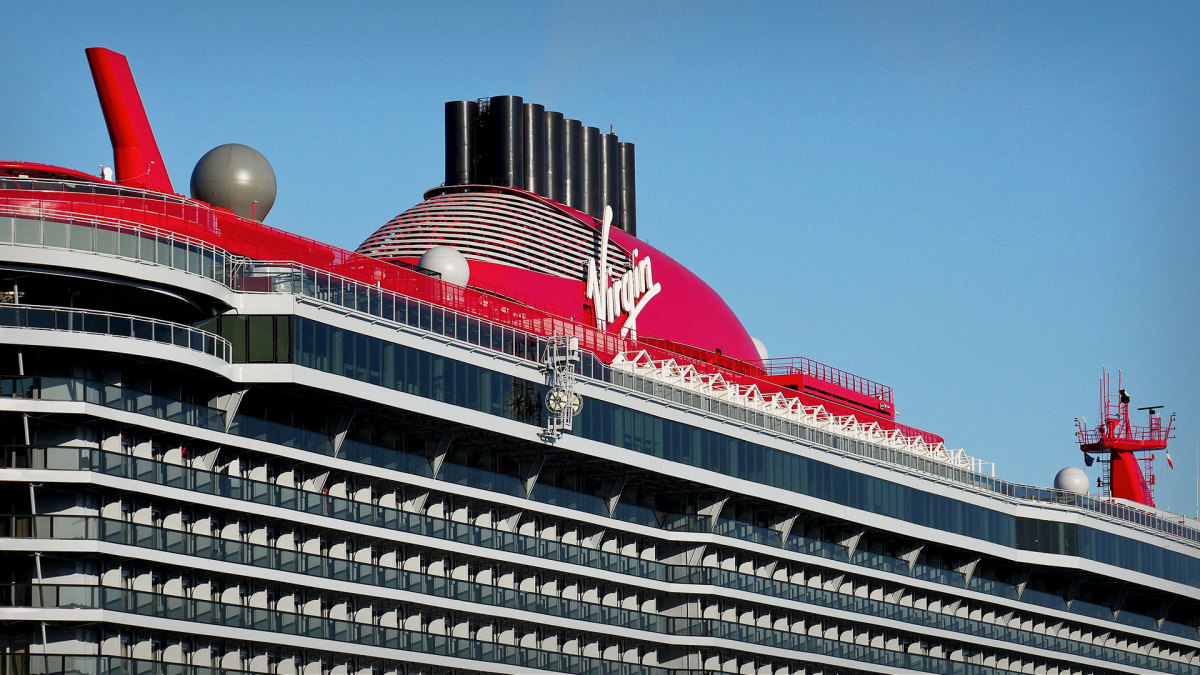
Cruising has changed over the past few years: What once used to be an escape from the world where parents leave their kids, jobs and everything else behind has become much more connected.
Internet on board cruise ships in the precovid-pandemic days functioned like bad dial-up in the mid-1990s: It was unreliable and difficult to use. People bought packages or used onboard internet cafes, but the expectations were that they might send emails or be able to text people who were back on land.
Related: Royal Caribbean fixes the worst part of cruising
Carnival Cruise Line's internet was barely functional on sea days as passengers overwhelmed it trying to message home or watch YouTube videos. Royal Caribbean's (RCL) was a little better — functional enough to work if you needed only slow connections and the ability to Slack or email, but it was not a pleasant experience.
People worked on cruise ships, but only as much as they had to, and few people considered that they could take a working cruise. It was possible, but phone calls were unreliable, and you would never want to schedule an important meeting.
Starlink internet changed that. Elon Musk's company brought viable connections to sea and enabled more people to take their jobs with them.
That technology, which has been adopted by both Royal Caribbean and Carnival, made it much easier to work remotely on a ship. It's not the same as the internet people enjoy at home or in coffee shops, but it's generally enough to keep in touch, do your job, and even attend a Zoom meeting.
Virgin Voyages, however, has raised the internet bar even further and that may make the cruise line very attractive for customers who can't simply disconnect at sea.
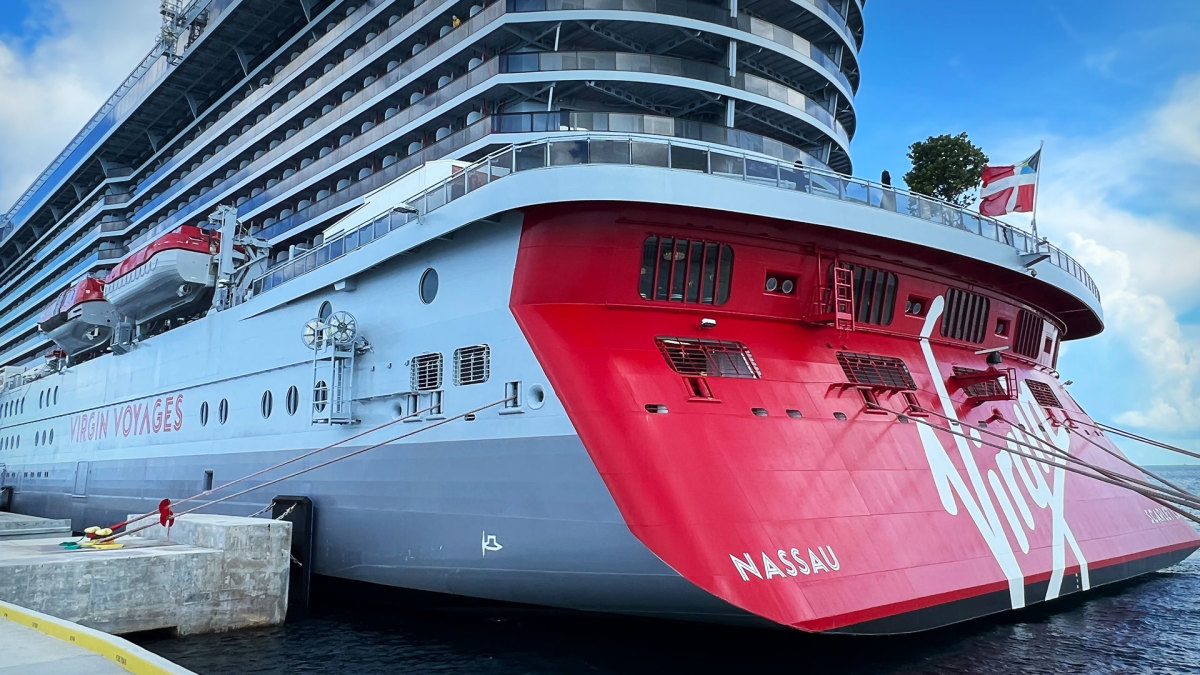
Image source: Daniel Kline/TheStreet
Virgin Voyages does cruising in a different way
Virgin Voyages has intentionally tried to do things differently than Carnival and Royal Caribbean. The biggest difference, and there are many, is that Virgin welcomes only passengers 18 and over.
That creates a different vibe onboard as the lack of kids takes a lot of pressure off the adults. Nobody on board has to get up early to get in line for the water slides (there aren't any), and no passenger has to retire to their cabin after dinner because their toddler needs to go to sleep.
You might think that would create a nonstop party vibe, but that's not the case during the day. In the morning, the onboard coffee shop fills with adults having drinks, eating pastries, and using the included internet on their phones or laptops.
It's not exactly a Starbucks full of people working, but it's often much closer to that environment than you see on other cruise lines. The lack of kids and the more laid-back vibe seems to make it more okay for passengers to mix some work into their vacations.
That's possible, but not always easy, because with everyone onboard having free internet access, the system pushes its boundaries and never works all that well. That's something the cruise line plans to fix in a bold effort to win the growing "works while cruising" audience away from Royal Caribbean and Carnival.
Virgin Voyages ups its internet game
All Virgin passengers get access to Virgin's "Pretty Fly for a Wi-Fi” and the cruise line has decided to improve that service by layering Starlink with other internet services. The cruise line will be the first to offer SES Cruise mPowered + Starlink Pro service, according to a news release.
"Combining Medium Earth Orbit and Low Earth Orbit satellite coverage, the SES Cruise mPowered + Starlink Pro service will provide unmatched connectivity of up to 1.5Gbps per ship, enabling Virgin Voyages’ sailors to enjoy exclusive passenger experiences," the companies said.
It's an effort to improve a passenger pain point that also could serve as a beacon to cruisers who need to work while at sea.
"State-of-the-art connectivity is at the heart of this," SES Senior Vice President Simon Maher said. "This is why we expanded our offering to create a fully integrated end-to-end service that uses multiple orbits, from Geostationary to Medium and Low Earth, to optimize bandwidth and meet the needs of both passengers and crew, wherever in the world they are sailing."
Virgin said that connectivity speeds will mirror what's available on land and the new service will remain included for all passengers and crew
Related: Veteran fund manager picks favorite stocks for 2024

